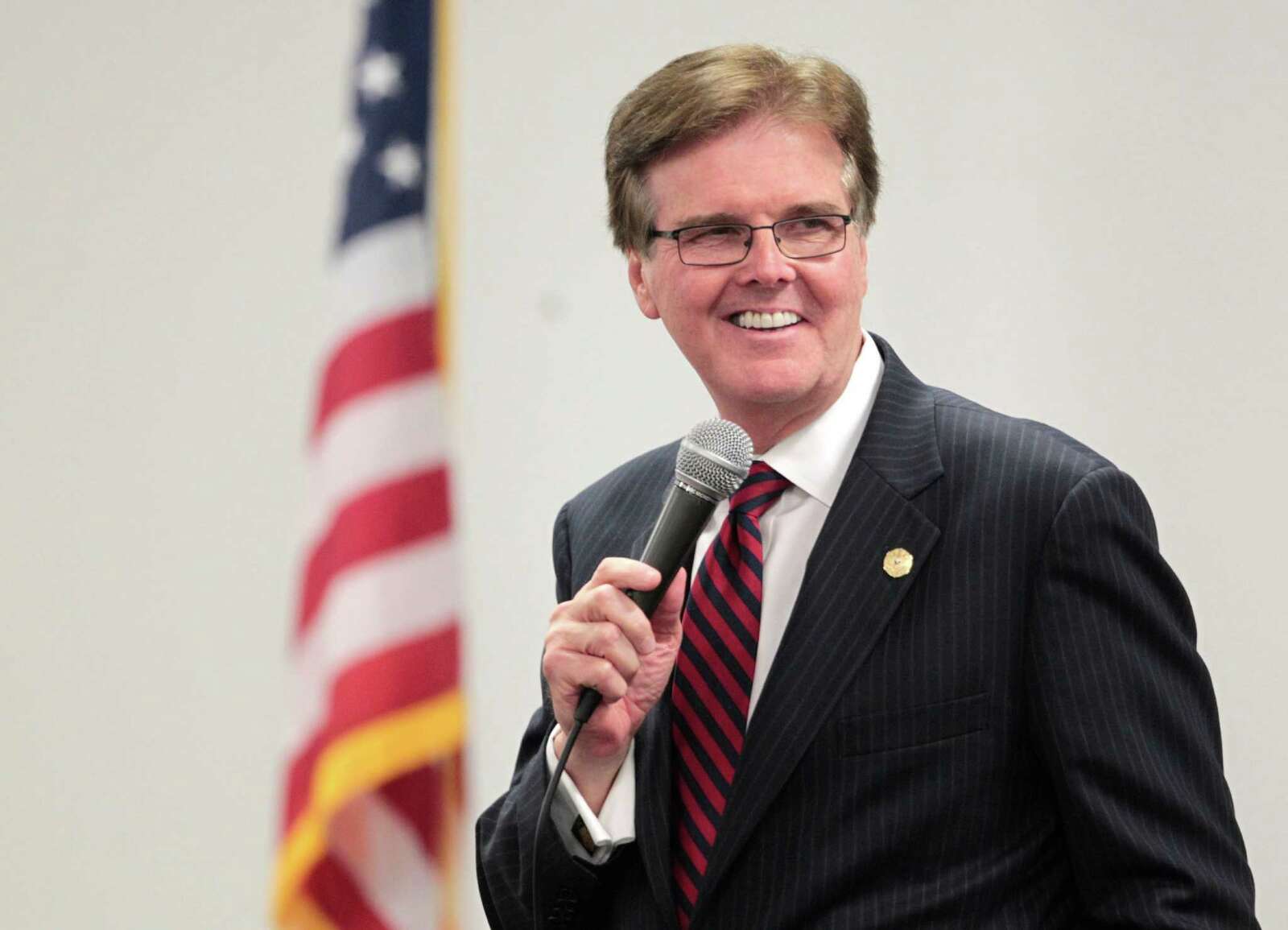There’s been plenty of focus on Democratic turnout in this past primary, and while Republican turnout gets a nod in there, I haven’t seen it be the focus of any stories yet. In part, I suspect that’s because Wendy Davis and Bill White are a ready-made comparison, but Greg Abbott was essentially unopposed while Rick Perry had to claw his way to 50%, making a direct comparison between the two of them meaningless. Overall turnout was close enough that we can see how things went in each county for the two primaries, however. So with that in mind, I put the two county by county canvass reports for the Governor’s race into a spreadsheet and calculated the differences from 2010 to 2014. Here are the 20 counties in which GOP turnout dropped the most from 2010:
County 10Votes Voters TurnOut 14Votes Voters TurnOut Diff Ratio
=============================================================================
HARRIS 158,130 1,889,378 8.37% 135,717 2,006,270 6.76% 22,413 0.81
TRAVIS 50,427 586,882 8.59% 32,779 627,040 5.23% 17,648 0.61
TARRANT 108,605 924,682 11.75% 92,879 969,434 9.58% 15,726 0.82
DALLAS 97,058 1,129,814 8.59% 83,472 1,170,598 7.13% 13,586 0.83
COLLIN 56,934 413,772 13.76% 44,621 466,533 9.56% 12,313 0.70
WILLIAMSON 33,657 230,122 14.63% 24,150 259,878 9.29% 9,507 0.64
LUBBOCK 31,184 147,809 21.10% 22,497 153,165 14.69% 8,687 0.70
MCLENNAN 18,234 125,886 14.48% 11,076 125,559 8.82% 7,158 0.61
BRAZOS 16,549 86,359 19.16% 10,658 89,674 11.89% 5,891 0.62
EL PASO 15,386 375,128 4.10% 9,783 390,949 2.50% 5,603 0.61
WICHITA 13,703 78,977 17.35% 8,116 70,537 11.51% 5,587 0.66
BRAZORIA 23,175 168,097 13.79% 18,197 179,266 10.15% 4,978 0.74
DENTON 42,261 355,340 11.89% 37,657 388,608 9.69% 4,604 0.81
BEXAR 66,768 891,082 7.49% 62,395 915,839 6.81% 4,373 0.91
FORT BEND 32,101 300,777 10.67% 28,277 349,550 8.09% 3,824 0.76
GREGG 11,448 68,043 16.82% 7,771 66,539 11.68% 3,677 0.69
PARKER 15,407 72,005 21.40% 12,741 76,037 16.76% 2,666 0.78
NUECES 14,781 188,165 7.86% 12,399 184,789 6.71% 2,382 0.85
JOHNSON 13,470 79,862 16.87% 11,725 81,869 14.32% 1,745 0.85
WASHINGTON 6,076 21,635 28.08% 4,406 21,915 20.10% 1,670 0.72
TOM GREEN 9,944 61,983 16.04% 8,278 60,462 13.69% 1,666 0.85
“10Votes” and “14Votes” are the total votes cast in the Governor’s primary race for each year. We don’t get actual turnout figures from the SOS webpage – that is, we don’t know how many undervotes there were in this race – but the Governor’s race had the highest total each year and it’s the best we can do. “Voters” is the number of registered voters in that county each year, and “Diff” is the difference in turnout from 2010 to 2014. Overall, turnout declined by about 150,000 votes. “Ratio” is the ratio of 2014 turnout to 2010 turnout. I put that in because overall statewide turnout in 2014 was 86% of 2010 turnout, which is to say the Ratio for the state as a whole would be 0.86. This means that counties with a Ratio of less than 0.86 had a larger decline in turnout there than in the state as a whole.
With all that out of the say, it’s not a surprise that the counties that had the largest absolute drop in turnout included a lot of counties whose decline in turnout was greater than the decline in statewide turnout. For all the fuss about how Wendy Davis did in certain counties, perhaps someone might want to ask Dave Carney why so many people in places like Williamson, Collin, and Lubbock couldn’t be bothered to come out for Greg Abbott. All of the biggest counties are here, with Travis showing a notable decline in Republican participation, and only Bexar – which also had a number of hot local races, in particular in SD25 – bucking the trend by having a more gentle decline than the state overall. I’m not going to make too big a deal about this – I really don’t think primary turnout levels are predictive – but let’s do be consistent about this. Multiple Republicans spent tens of millions of dollars combined to push people to the polls. The whole Ted Nugent affair was at least partly about juicing turnout for Greg Abbott. For the first time since 2002 there will be mass turnover in statewide offices, and for the first time ever there were multiple high-profile statewide Republican primaries. And in the end, turnout declined by almost 15% from 2010. You’d think that might be worth mentioning.
Anyway. As there were counties where fewer Republicans showed up, so were there counties in which more of them came out. Here are the top 21 counties for turnout increases.
County 10Votes Voters TurnOut 14Votes Voters TurnOut Diff Ratio
=============================================================================
HIDALGO 5,015 290,097 1.73% 5,850 307,426 1.90% -835 1.10
MILAM 1,667 14,101 11.82% 2,522 14,156 17.82% -855 1.51
LAMAR 4,521 28,821 15.69% 5,421 28,754 18.85% -900 1.20
TERRY 806 7,382 10.92% 1,717 7,055 24.34% -911 2.23
HILL 4,711 21,893 21.52% 5,630 21,760 25.87% -919 1.20
SHELBY 2,022 14,002 14.44% 2,972 14,287 20.80% -950 1.44
STEPHENS 773 5,561 13.90% 1,849 5,506 33.58% -1,076 2.42
TYLER 1,311 12,772 10.26% 2,495 13,014 19.17% -1,184 1.87
ANDERSON 4,516 26,461 17.07% 5,739 26,394 21.74% -1,223 1.27
SMITH 19,431 119,789 16.22% 20,875 123,615 16.89% -1,444 1.04
PANOLA 1,947 15,643 12.45% 3,438 15,702 21.90% -1,491 1.76
MONTGOMERY 40,690 243,027 16.74% 42,230 270,019 15.64% -1,540 0.93
TRINITY 747 11,284 6.62% 2,308 10,853 21.27% -1,561 3.21
JEFFERSON 8,933 144,112 6.20% 10,512 143,616 7.32% -1,579 1.18
CASS 1,356 17,904 7.57% 3,418 18,911 18.07% -2,062 2.39
HARDIN 5,281 33,991 15.54% 7,379 35,454 20.81% -2,098 1.34
BOWIE 6,726 55,944 12.02% 9,005 55,988 16.08% -2,279 1.34
HAYS 6,097 93,561 6.52% 8,515 100,715 8.45% -2,418 1.30
GALVESTON 15,797 179,928 8.78% 18,420 185,850 9.91% -2,623 1.13
ANGELINA 5,053 46,864 10.78% 8,447 48,789 17.31% -3,394 1.61
ORANGE 4,445 49,664 8.95% 8,092 49,460 16.36% -3,647 1.83
As this is from the same spreadsheet where I subtracted 2010 turnout from 2014 turnout, a negative number means 2014 was higher. Sorry for the confusion, I didn’t feel like redoing the formulas. I had this list go to 21 for the specific purpose of including Hidalgo County, which I noted was an exception for the Republicans among heavily Latino counties. Turnout was up for the GOP there, but it’s still pretty darned small in absolute terms. Montgomery is your Exhibit A for counties that had an absolute increase in turnout but a drop in the turnout rate due to an even bigger increase in the population of registered voters. The drop in turnout rate was still less than the drop in turnout rate statewide, however. Overall, these counties are pretty small – fifteen of them are smaller than Tom Green, the second-smallest county on the first list, and nine are smaller than Washington, the least populous county on that list. The gain in all 21 of these counties is less than the loss in just Harris and Collin. Again, you’d think this might merit a mention somewhere.
Finally, a look at the 20 counties with the smallest ratio of 2014 turnout to 2010 turnout:
County 10Votes Voters TurnOut 14Votes Voters TurnOut Diff Ratio
=============================================================================
FRIO 122 9,914 1.23% 0 10,142 0.00% 122 0.00
REEVES 44 6,170 0.71% 0 6,368 0.00% 44 0.00
ZAVALA 16 8,250 0.19% 0 8,623 0.00% 16 0.00
DIMMIT 124 7,215 1.72% 33 7,066 0.47% 91 0.27
REAGAN 634 1,872 33.87% 296 1,769 16.73% 338 0.49
KARNES 667 7,841 8.51% 332 7,740 4.29% 335 0.50
STARR 41 28,421 0.14% 24 29,809 0.08% 17 0.56
GLASSCOCK 389 741 52.50% 223 746 29.89% 166 0.57
BAILEY 835 3,624 23.04% 470 3,499 13.43% 365 0.58
GRIMES 2,700 14,171 19.05% 1,686 14,976 11.26% 1,014 0.59
DEWITT 2,443 11,827 20.66% 1,458 11,788 12.37% 985 0.60
MOORE 2,318 9,524 24.34% 1,339 9,120 14.68% 979 0.60
HOCKLEY 2,973 13,544 21.95% 1,784 13,409 13.30% 1,189 0.61
TRAVIS 50,427 586,882 8.59% 32,779 627,040 5.23% 17,648 0.61
MCLENNAN 18,234 125,886 14.48% 11,076 125,559 8.82% 7,158 0.61
EL PASO 15,386 375,128 4.10% 9,783 390,949 2.50% 5,603 0.61
CALDWELL 1,997 20,157 9.91% 1,233 20,357 6.06% 764 0.61
PRESIDIO 25 4,932 0.51% 16 5,149 0.31% 9 0.61
BRAZOS 16,549 86,359 19.16% 10,658 89,674 11.89% 5,891 0.62
GRAY 3,399 13,283 25.59% 2,076 13,007 15.96% 1,323 0.62
Where there are some small counties in the second table, there are some tiny ones in this table. I don’t really have anything to add here, I just figure that any list that includes Glasscock County is worth printing.





















